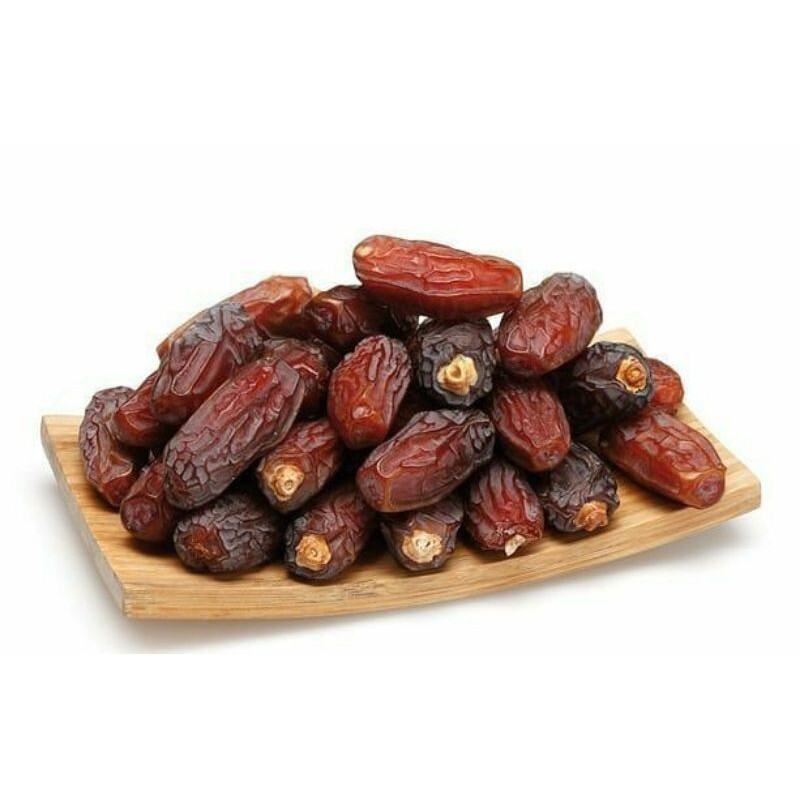Kurma Malaysia: A Culinary Treasure in Malaysia

The Essence of Kurma Malaysia
Understanding Kurma:
Kurma, also known as dates, holds a special place in Malaysian culture and cuisine. These sweet and nutritious fruits have been consumed for centuries and are deeply ingrained in the culinary traditions of the country. Kurma Malaysia refers to the various types of dates cultivated and enjoyed within Malaysia’s borders.
A Cultural Connection: Kurma in Malaysian Cuisine
1. Traditional Delicacies:
Kurma Malaysia plays a pivotal role in Malaysian cuisine, especially during festive occasions and religious celebrations. Dates are often used in traditional sweets and desserts, adding natural sweetness and a delightful chewy texture. Some popular Malaysian delicacies featuring dates include kurma cake, dodol (a sticky sweet treat), and various types of festive cookies.
2. Nourishing Ramadan Traditions:
During the holy month of Ramadan, dates hold immense significance for Muslims in Malaysia. Breaking the fast with dates is a cherished tradition that dates back generations. The natural sugars in dates provide an instant source of energy after a day of fasting, while their nutritional content helps replenish essential nutrients.
3. Cultural Symbolism:
Kurma Malaysia symbolizes abundance, blessings, and hospitality in Malaysian culture. It is common to find dates served as a gesture of welcoming guests or as a symbol of gratitude during festive gatherings. Dates are believed to bring good fortune and are often shared as a token of goodwill.
Health Benefits of Kurma Malaysia
1. Nutrient-Rich:
Kurma Malaysia offers a range of health benefits due to its nutrient composition. Dates are a good source of dietary fiber, potassium, and various vitamins and minerals. They provide natural sugars, which are a healthier alternative to processed sugars, and can offer sustained energy throughout the day.
2. Digestive Health:
The fiber content in dates supports healthy digestion and helps prevent constipation. Dates act as a natural laxative, promoting regular bowel movements and supporting overall digestive well-being.
3. Antioxidant Properties:
Dates, including Malaysian dates, contain antioxidants that help protect the body against oxidative stress. These compounds may contribute to reducing the risk of chronic diseases and supporting a healthy immune system.
Preserving Cultural Heritage: Malaysian dates
Kurma Malaysia holds not only culinary significance but also represents the preservation of Malaysian cultural heritage. The cultivation, preparation, and consumption of dates in traditional Malaysian recipes are passed down through generations, reinforcing cultural identity and fostering a sense of community.
Embrace the Richness of Kurma Malaysia
Kurma Malaysia is more than just a culinary ingredient; it is a cultural symbol deeply rooted in Malaysian traditions. From its presence in festive sweets to its role in religious observances, Malaysiain dates encapsulate the warmth, generosity, and diversity of Malaysian culture. So, immerse yourself in the delightful flavors and cultural significance of Malaysian dates, and experience the true essence of Malaysian culinary heritage.
1. Kurma Cake:
Kurma cake is a popular Malaysian dessert that incorporates Kurma Malaysia into its recipe. This moist and fragrant cake is made with dates, spices, and often topped with a sweet glaze or frosting. It is a delightful treat enjoyed during festive occasions and family gatherings.
2. Dodol:
Dodol is a sticky sweet delicacy that is commonly made during festivals like Hari Raya. It is a chewy and flavorful confectionary made from coconut milk, rice flour, and sugar. Variations of dodol often include chopped dates, including Kurma Malaysia, to add extra sweetness and texture.
3. Kuih Kurma:
Kuih Kurma, also known as date pudding, is a traditional Malaysian dessert made with dates, glutinous rice flour, and coconut milk. The mixture is steamed to create a soft and slightly sticky pudding-like texture. Kuih Kurma is enjoyed as a sweet treat during special occasions and is often served with a drizzle of palm sugar syrup.
4. Kurma Cookies:
During festive seasons like Eid, it is common to find Kurma Malaysia incorporated into various types of cookies. These cookies are made with a buttery dough that is filled with chopped dates, including Kurma Malaysia. The dates add a natural sweetness and chewiness to the cookies, making them a favorite among Malaysians.
5. Kurma Candy:
Kurma Malaysia is also used to make delightful candies that are enjoyed as sweet treats. These candies are made by simmering dates, sugar, and sometimes coconut milk until they form a thick and chewy consistency. They are often rolled into small balls or cut into bite-sized pieces for easy snacking.
These are just a few examples of the many traditional Malaysian delicacies that incorporate Kurma Malaysia. The versatility of dates allows them to be used in various desserts, providing a natural sweetness and unique flavor that adds depth to these culinary creations.